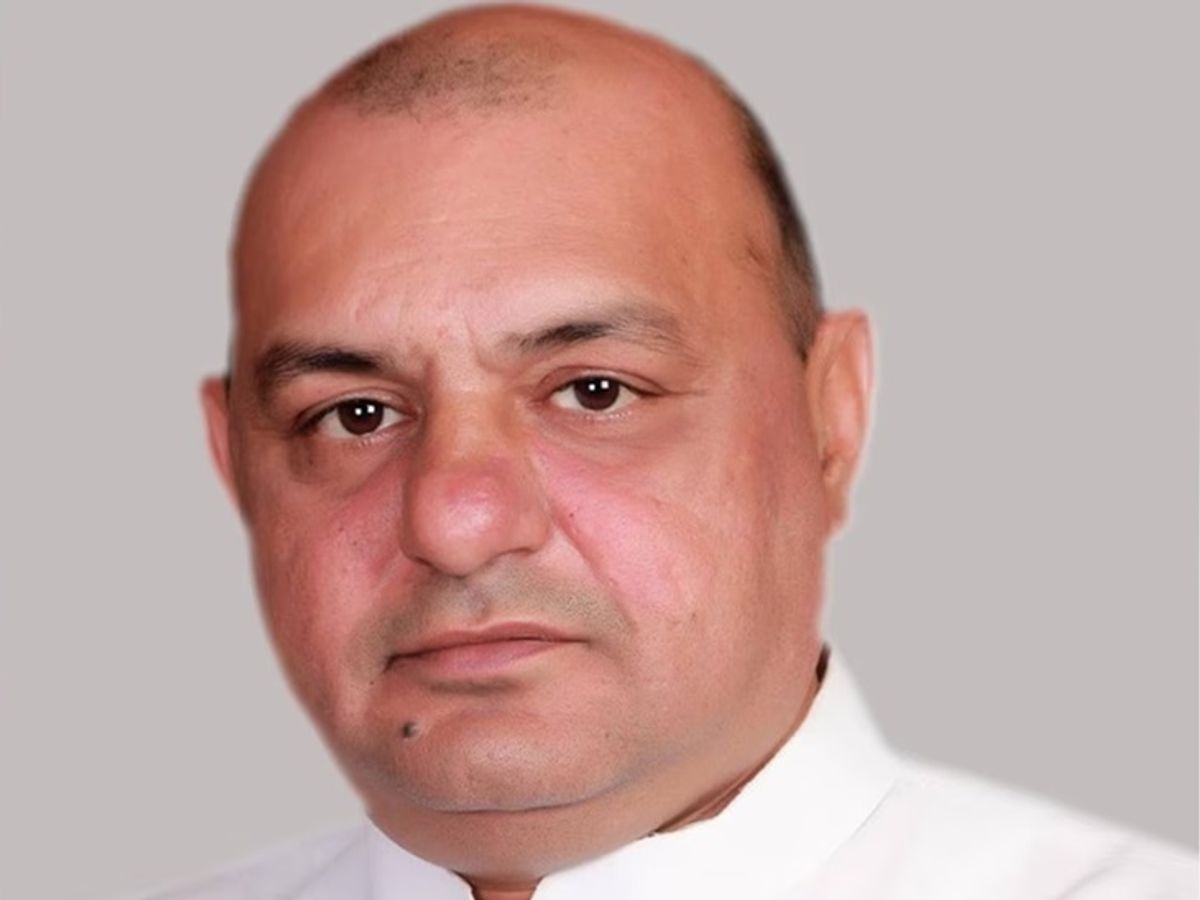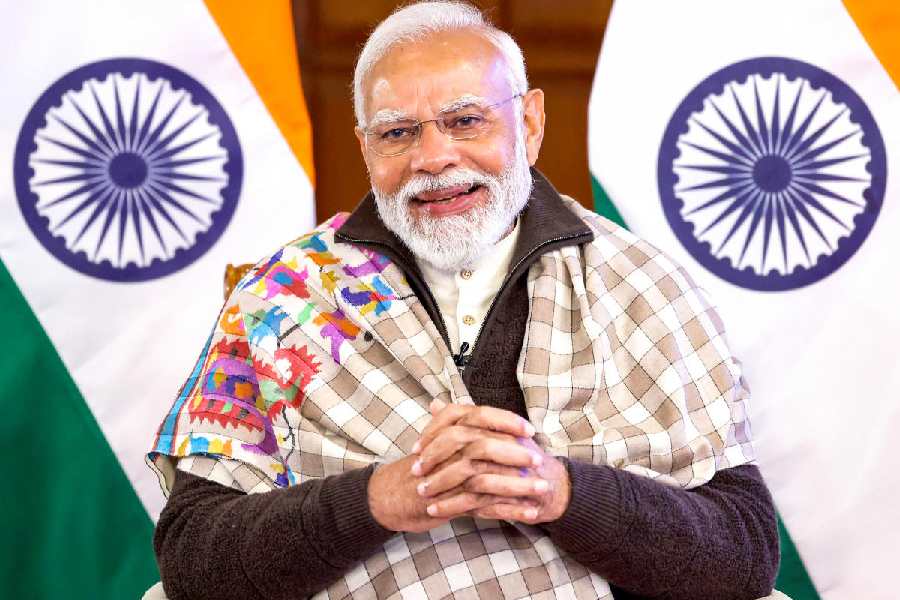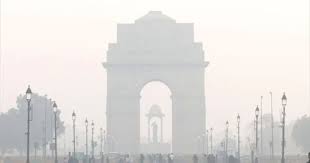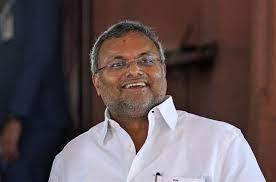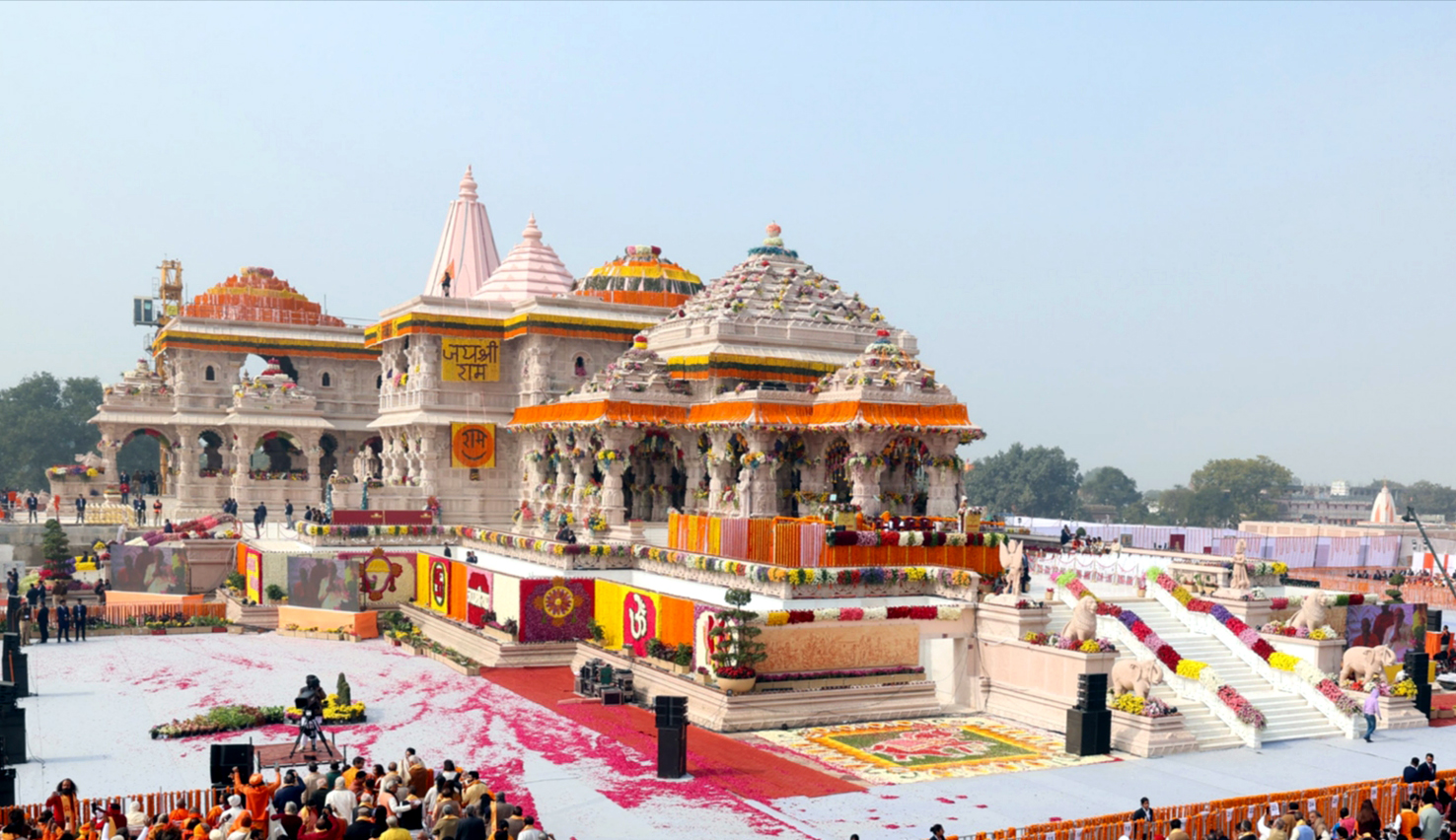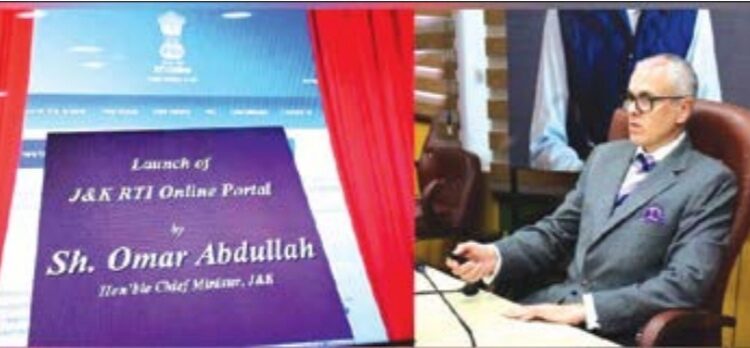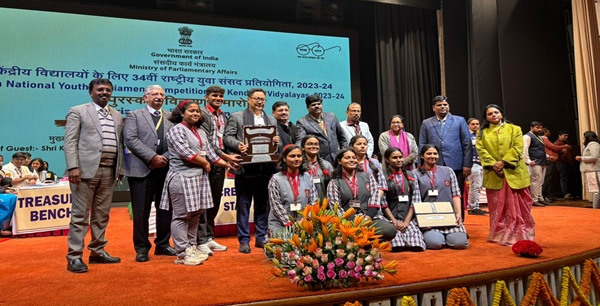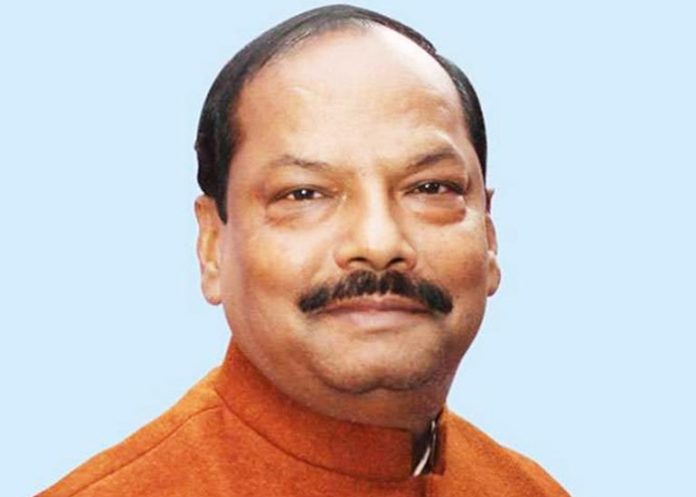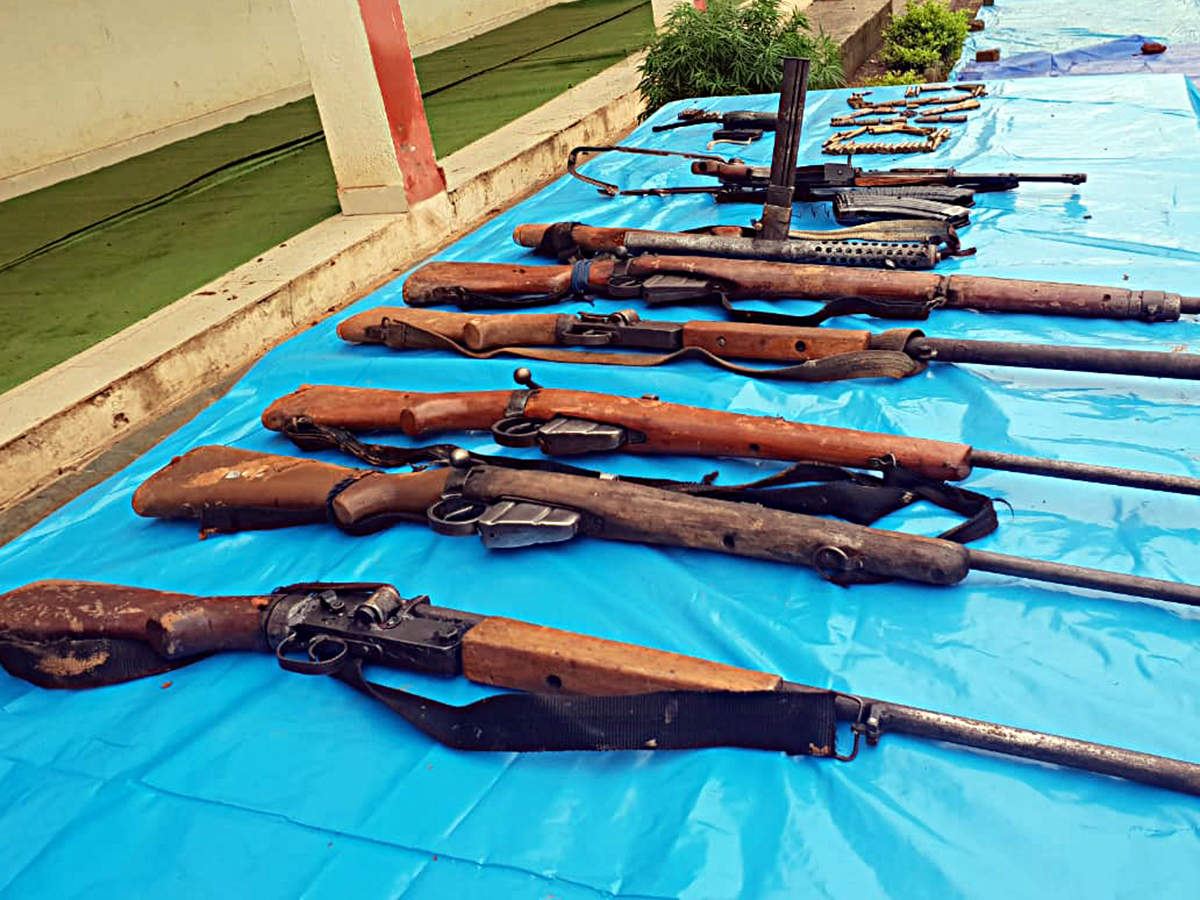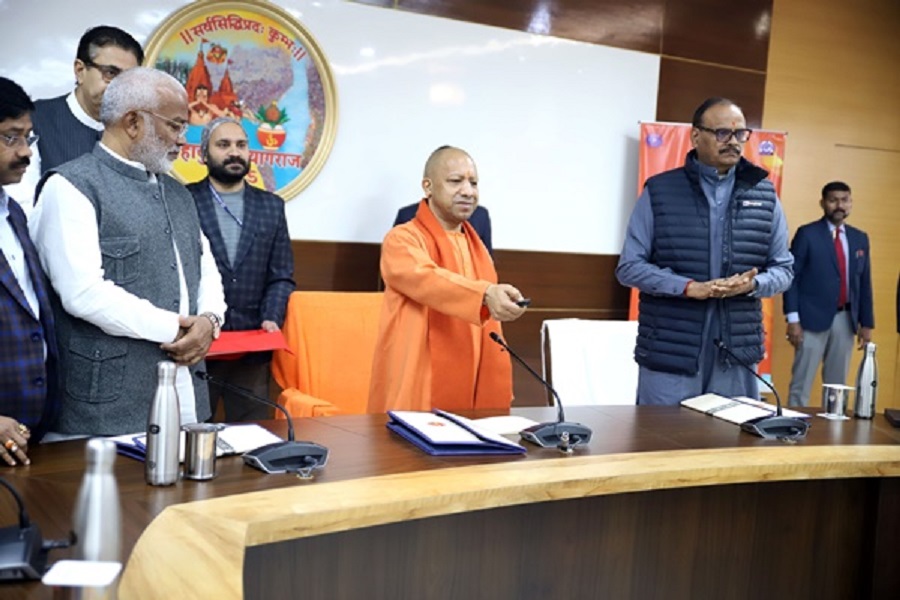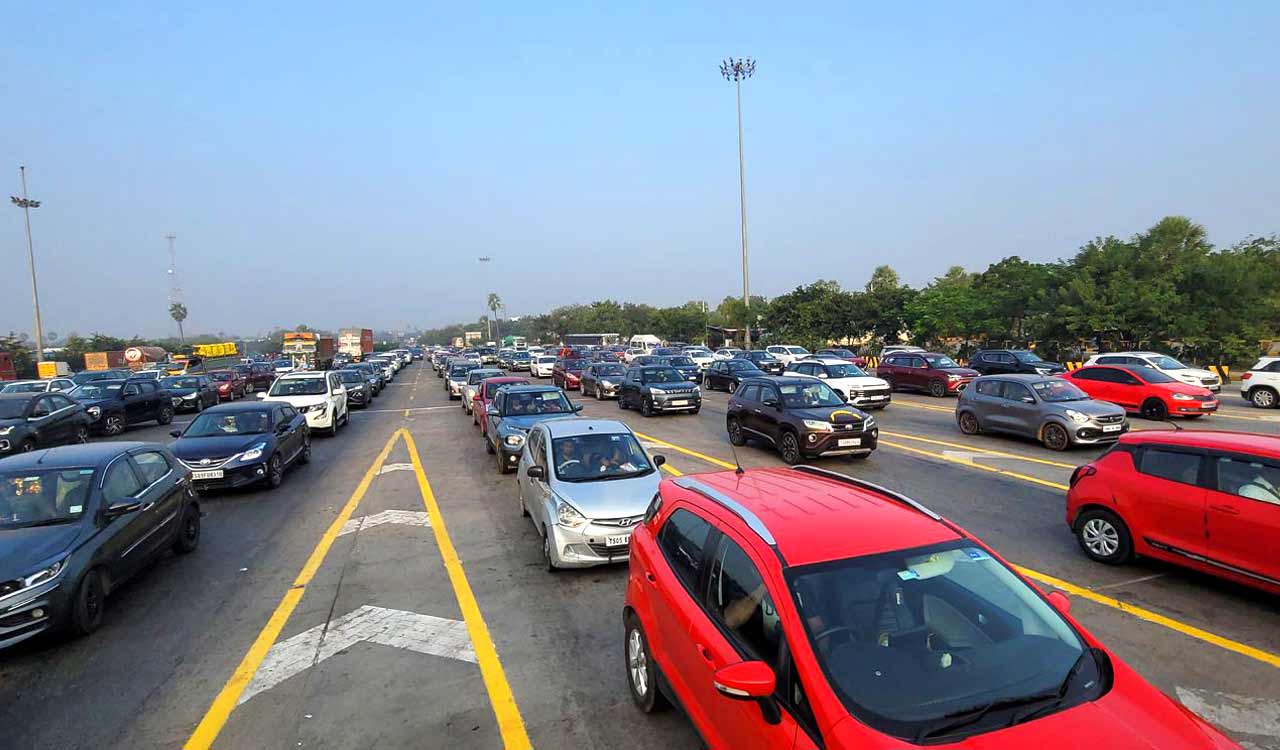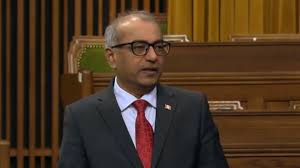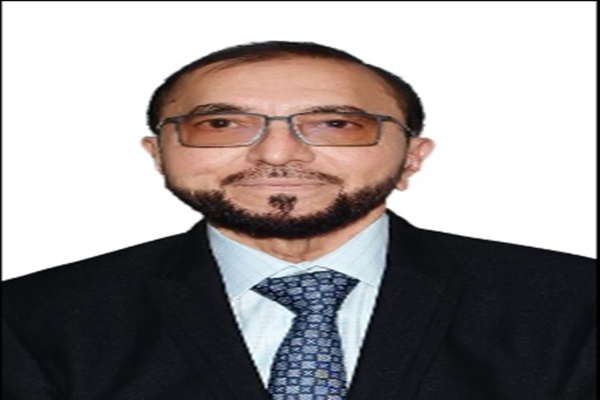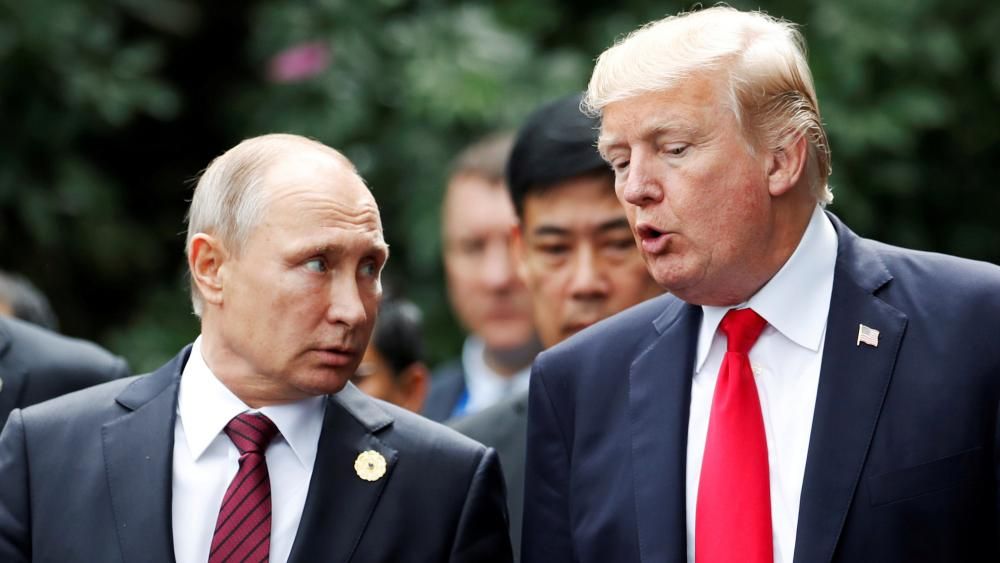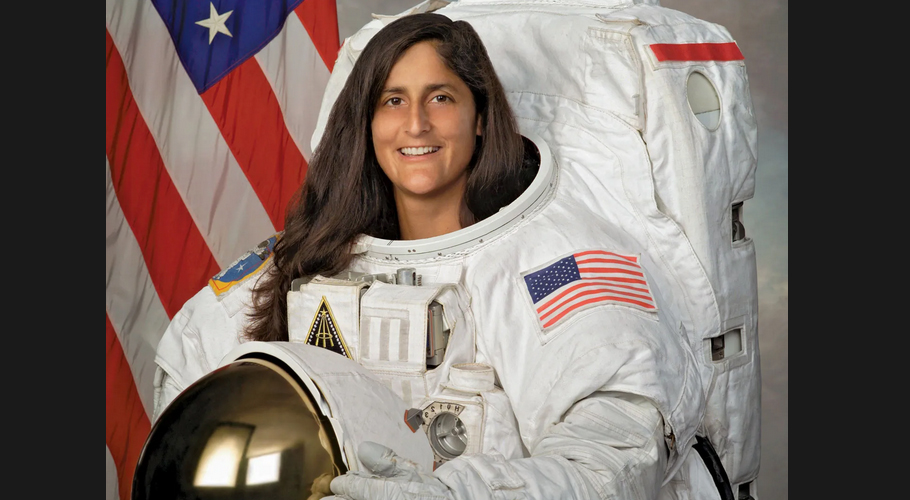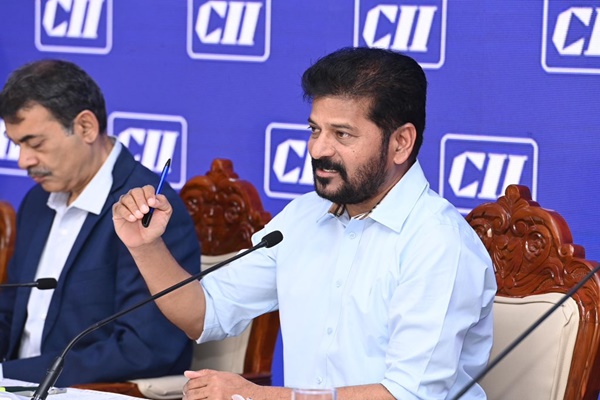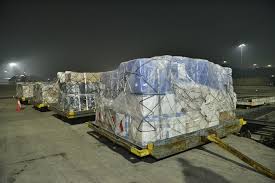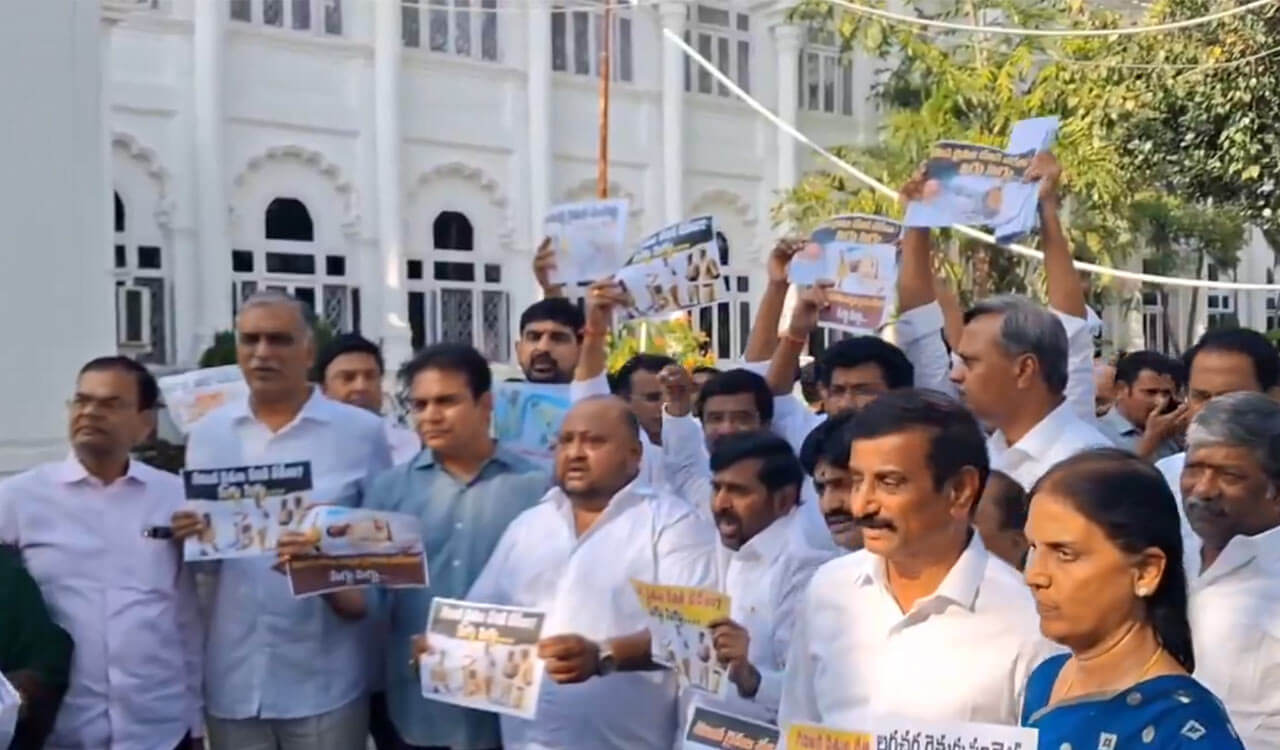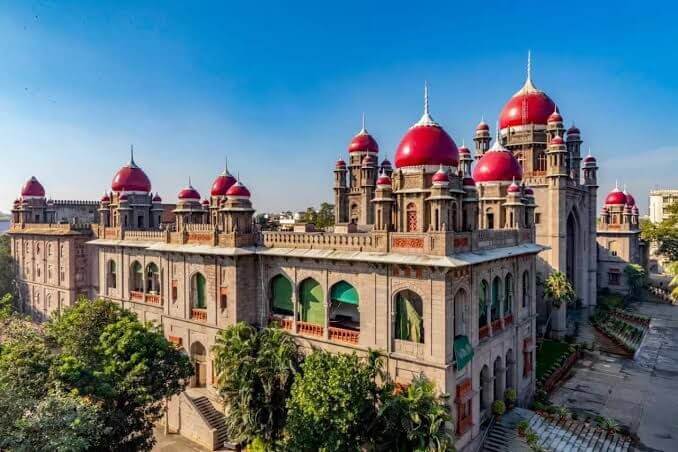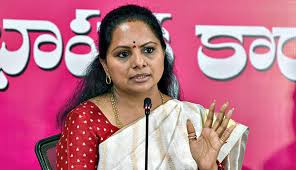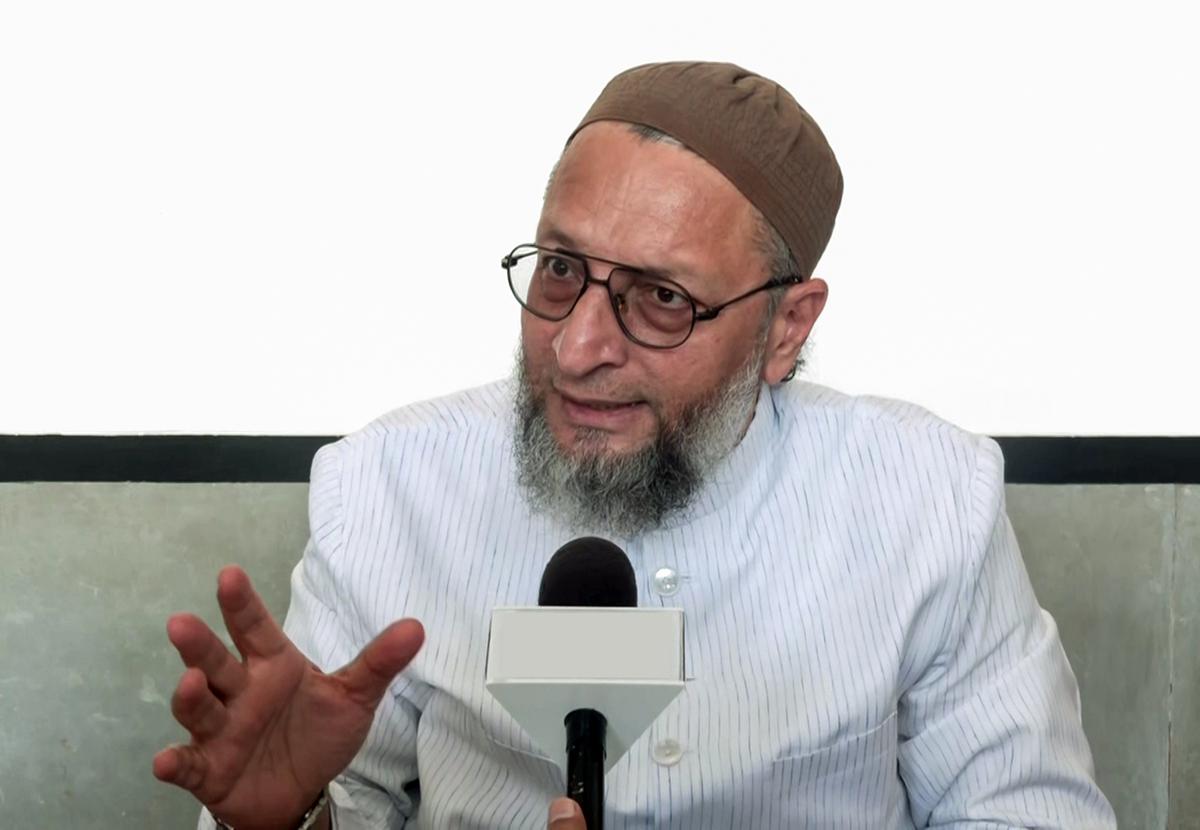Being Muslim in Modi's India 'Invisible in our own country'
Mon 29 Apr 2024, 12:16:37
.jpg)
Six years ago, a Muslim boy returned red-faced from a well-known school in the northern Indian city of Agra.
"My classmates called me a Pakistani terrorist," the nine-year-old told his mother.
Reema Ahmad, an author and counsellor, remembers the day vividly.
"Here was a feisty, little boy with his fists clenched so tightly that there were nail marks in his palm. He was so angry."
As her son told the story, his classmates were having a mock fight when the teacher had stepped out.
"That's when one group of boys pointed at him and said, 'This is a
Pakistani terrorist. Kill him!'"
Pakistani terrorist. Kill him!'"
He revealed some classmates had also called him nali ka kida (insect of the gutter). Ms Ahmad complained, and was told they "were imagining things… such things didn't happen".
Ms Ahmad eventually pulled her son out of school. Today, the 16-year-old is home-schooled.
"I sensed the community's tremors through my son's experiences, a feeling I never recall having in my own youth growing up here," she says.
"Our class privilege may have protected us from feeling Muslim all the time. Now, it seems class and privilege make you a more visible target."
No Comments For This Post, Be first to write a Comment.
Most viewed from National
Most viewed from World
AIMIM News
Asaduddin Owaisi questions PM Modi's China policy
Jan 08, 2025
Owaisi slams UP over police post near Sambhal mosque
Dec 31, 2024
Owaisi hails SC order on Places of Worship Act
Dec 13, 2024
AAP Corporator Tahir Hussain joins AIMIM party
Dec 11, 2024
Latest Urdu News
Most Viewed
May 26, 2020
Which political party will win the Delhi Assembly polls to be held on Feb 5?
Latest Videos View All
Like Us
Home
About Us
Advertise With Us
All Polls
Epaper Archives
Privacy Policy
Contact Us
Download Etemaad App
© 2025 Etemaad Daily News, All Rights Reserved.

